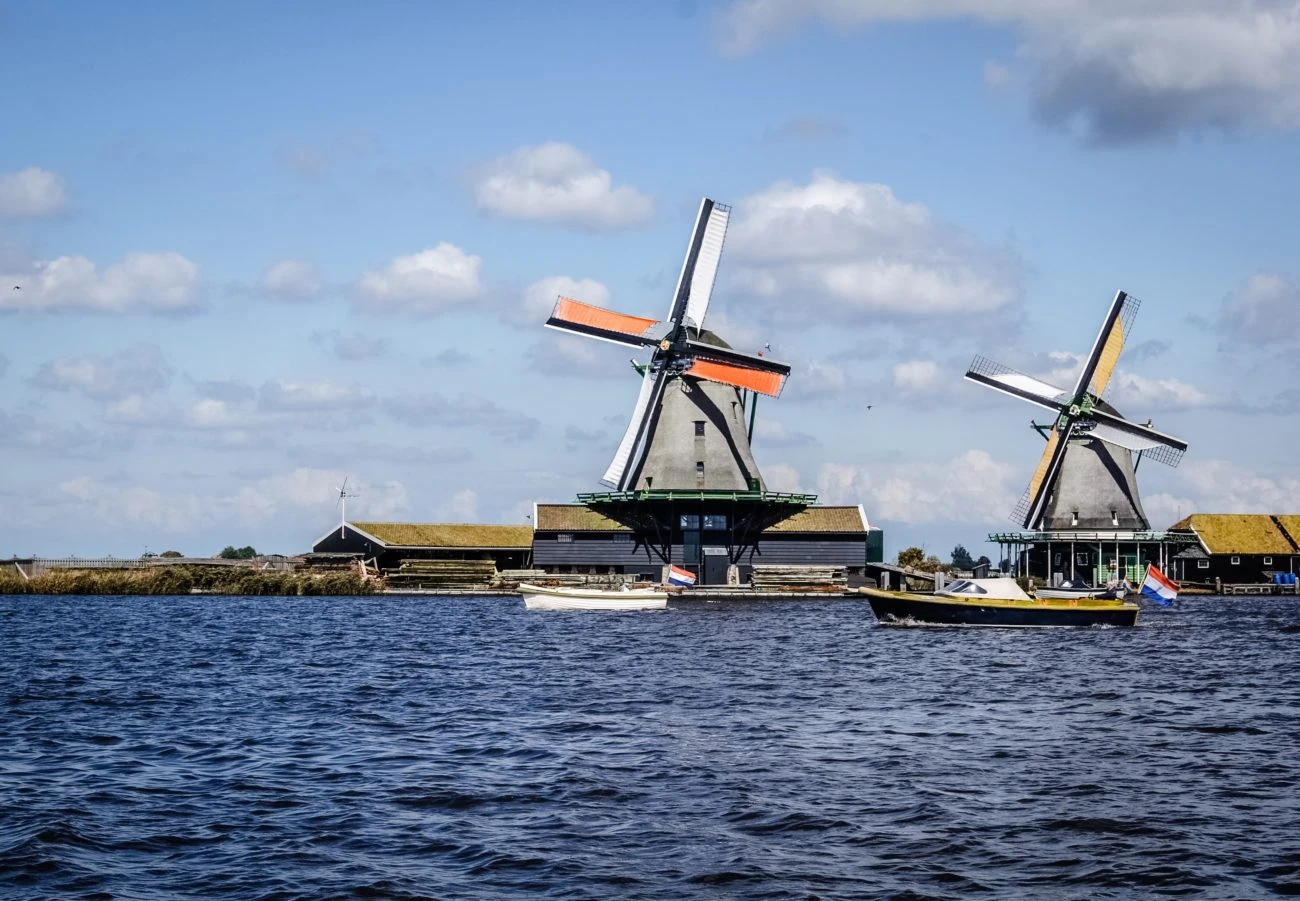Dutch minister publishes secondary gambling regulations

Dutch Minister for Legal Protection Sander Dekker has published secondary regulations for the country's igaming market, with industry stakeholders able to submit comments on the proposed rules until 18 September.
The draft regulations confirm the licence fee for operators will be set at €45,000 (£40,994/$50,135), with an additional €8,000 charge set for making amendments to existing licences. As part of each licence application, the country's gambling regulator the Kansspelautoriteit (KSA) will look at previous violations of gambling laws in all jurisdictions, not just the Netherlands.
To protect players, a number of controls are set out, with customers unable to lose a sum greater than their original stake. Players must only be able to play one game at a time, meaning they cannot play more than one game on a licensee's site, or play products in more than one vertical simultaneously.
License holders must also inform players “in an appropriate, clear and understandable manner” with regards to the content of bonuses. Bonuses cannot be offered while a player is gambling, and customers must be given the option to opt out of bonuses.
In addition, operators must monitor player activity and have staff trained to spot signs of problem gambling. Licensees will also have the power to suspend players for up to six months, either as a result of potentially criminal behaviour or signs of problem gambling, and must respond to all player complaints within 72 hours.
All gambling advertising must carry information about responsible gambling, while the use of individual athletes for marketing campaigns will be prohibited.
To uphold the integrity of the games they offer, operators will be required to establish an integrity policy, with sportsbook operators to employ staff capable of recognising indicators of match-fixing or manipulation of sports competitions. Certain bet types, such as win/loss markets for individual games and sets in tennis and markets on fouls, first throw-in, corner or card for football matches, will be prohibited.
In addition, 10% of revenue generated from betting on horse racing must be reinvested in the sport.
Interested parties will be able to pass comment, or suggest changes, to the regulations until 18 September, 2019.
Publication of the regulations comes as the Netherlands prepares to implement the Remote Gaming Act, which passed the country's Senate in February this year. The act sets out a 29.1% gross revenue tax for licensees, with the KSA also publishing supplementary player protection and anti-money laundering regulations in recent months. The regulator has also proposed a two-year cooling off period, in which igaming operators must not conduct business in the country in order to be eligible for a licence.
The KSA expects the country's igaming market to open for business from 1 January, 2021. Following ratification by the Senate in February, the Remote Gaming Act is set to come into force from 1 July, 2020, after which the KSA will begin processing licence applications. To date 183 companies have registered their interest in applying for a licence, though the KSA expects the final number of licensees to be considerably lower.
